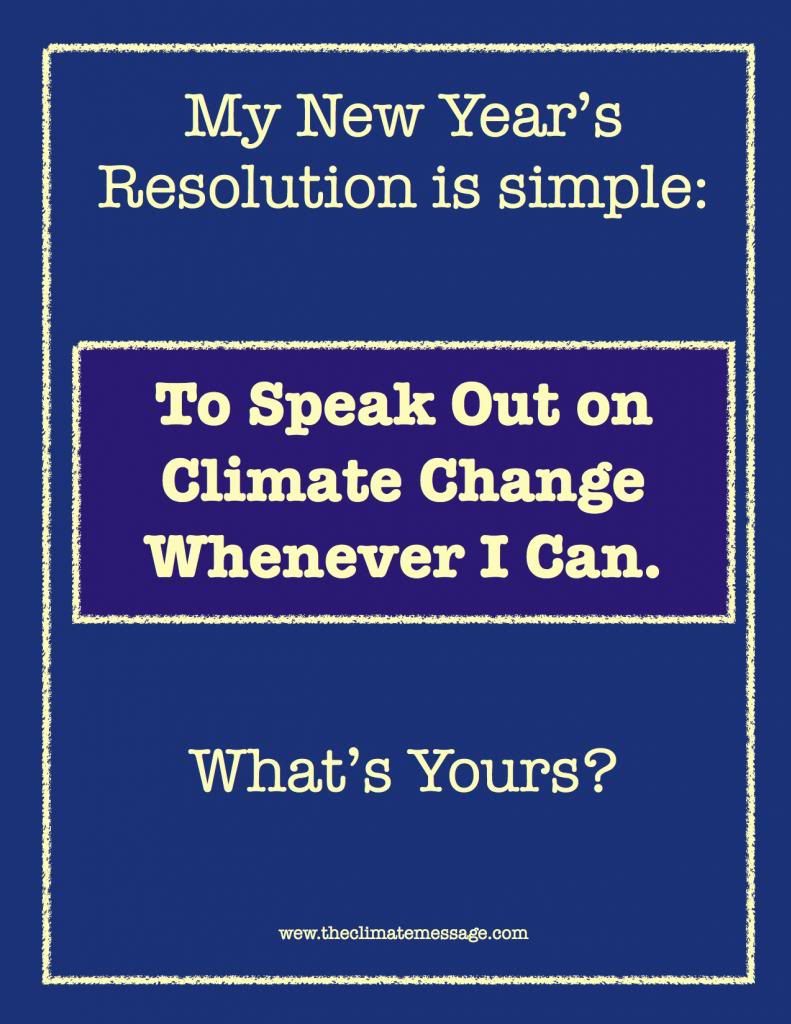Here is a nice example from Wisconsin of positive dialogue between an environmentally aware activist and a corporate representative. The questions were beautifully sequenced. Unfortunately the author doesn’t tell us what happened after that.
Recently, on a trip to northern Wisconsin, I talked with a member of our timber industry. I could tell the gentleman was skeptical of the notion of climate change. “I bet we agree on a lot more than you think,” I said, and asked if he’d take a few questions.
I started with the easy stuff – “Do you believe the earth is round?” “Yes,” he said with a chuckle.
“Do you believe the earth is surrounded by a layer of atmosphere that makes the planet inhabitable?” “Yes.”
“Do you believe that I am inhaling oxygen and exhaling carbon dioxide (CO2) and that plants do the reverse of that through the process of respiration and photosynthesis?” “Yes,” he played along with good humor.
I touched a tree and asked him if he agreed it was made of carbon molecules that, when burned, become a gas released into the atmosphere largely as CO2? He agreed with a groan and stopped me. He knew I had the facts on my side. Humans release a tremendous amount of carbon dioxide into the atmosphere every single hour by burning wood, coal, gas and oil. That this human activity is affecting our atmosphere, and thereby our climate, is simply common sense.
There are many ways to deliver the Climate Message. When we take the stage and speak to our audiences — unless we’re at an environmentally-themed event — the Climate Service Announcement (C.S.A.) should be short and non-polemical. The goal of the CSA is not to make everybody in the room start talking about climate. Rather, it is to normalize the discussion of the issue — so that instead of thinking, “well, the science isn’t settled”, or, “the jury’s still out”, people start thinking, “yup, no argument there.”
The second goal is an internal goal for any of us as musicians who are aware of the issue — we are going to bear witness to the situation; we are not going to let the destruction of our civilization pass unremarked, unlamented, and unimpeded.
There is a thriving folk music community in Wisconsin. The Madison Folk Music Society, for example, has a full slate of activities and upcoming shows.
Really, of course, there’s a thriving music community anywhere there are people; it’s what we do. We are, after all, homo musicalis.
Folk music is important because it stresses environmental systems less than some other genres which have large infrastructural demands — and because it has greater flexibility in response to societal needs.
But no matter who we are, no matter where we are, what’s important is that we resolve to speak out, every time. Not angrily, but firmly.

